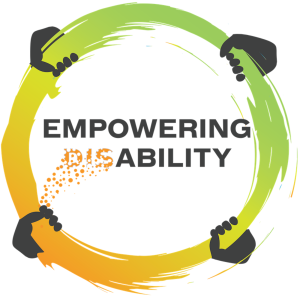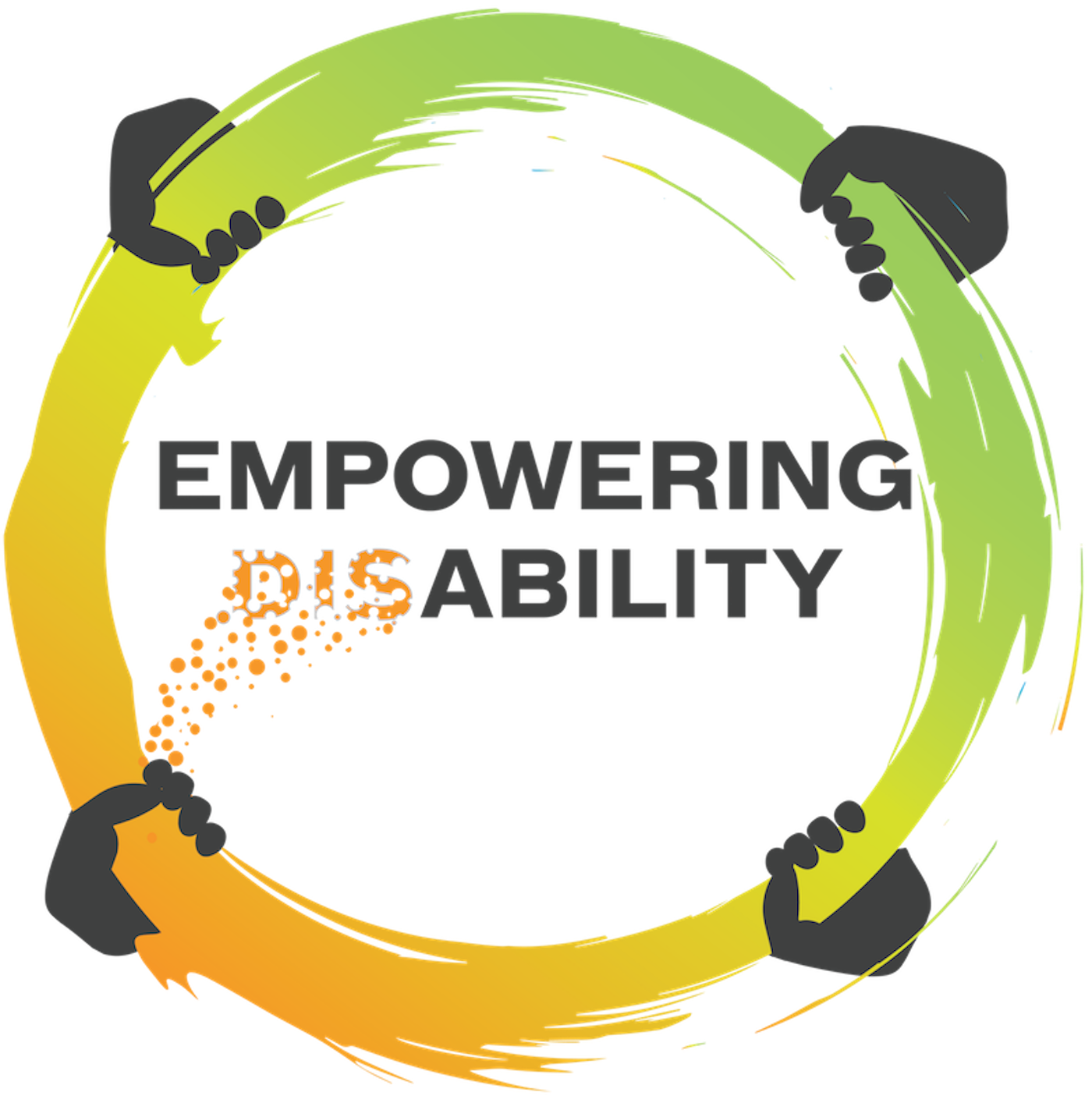Episodes

Tuesday Sep 26, 2017
#030: Creating a Secure Future, with Brendon Pooran
Tuesday Sep 26, 2017
Tuesday Sep 26, 2017
In this podcast, we discuss the most common question Brendon is asked by families, which is: 'How do I secure the future for my loved one with a disability?'
This week’s guest on the Empowering Ability podcast / blog is Brendon Pooran, Principal lawyer at Pooran Law in Toronto, Ontario. Brendon always had an interest in disability law, which stems from his life experience as he grew up with siblings that have a disability. Brendon and his team provide advice to families and agencies in the disability sector in Ontario, British Columbia and Newfoundland.
On the podcast, we also discuss consent and capacity. What is consent and capacity? And, what do we need to know about it. You can take a listen to the podcast to hear more on consent and capacity.
Securing the Future
Estate planning is the process that Brendon guides families through to create a plan for security for loved ones with a disability. We discuss both financial and relationship considerations when creating an estate plan. A major objective is to ensure that government benefits aren’t impacted by an estate.
Starting the Estate Planning Process
Paraphrasing from the podcast Brendon shares the questions he works through with families:
1) What are your objectives? If you have a loved one with a disability, what does their life look like now? What does it look like in the future?
2) What are the expenses and sources of income? What do they look like now, and what will they look like in the future?
3) Who are the people involved? There are several roles that you need to consider in your estate plan, including; an executor for estate, trustees for any trust that are set up, attorneys in power of attorney documents, and guardians that may need to be considered. *Note: The people you assign to these roles should be trustworthy (they will have access to your estate with very little oversight), conscientious and task oriented with the ability to meet deadlines, and it is a nice to have if they have a relationship with your beneficiaries.
The Will
The will is the foundational pillar of the estate plan. It will incorporate tax strategies, roles, trusts and strategies that are developed for financial security for beneficiaries of the will. Many people do not have wills, and do not understand the impacts of not having a will in place. 40% of Brendon's clients are people applying to become the estate trustee because a will was not in place. There is a cost associated with this application, as well as taxes that need to be paid that could have been avoided. Also, beneficiaries can lose social assistance benefits (ex. ODSP $1200/mo – dental, drugs, vision), if an inheritance increases the beneficiary’s asset base to exceed $40,000 (in Ontario).
The cost to create a will and estate plan ranges based on where you live and your situation, but typically it will cost you approximately $2,500 to set up your will.
Trusts
There are several different types of trusts, and Brendon provides us with an overview of the Trusts he frequently recommends in his practice:
1) Henson Trust: The Henson Trust is a discretionary trust, which means the trustee has full authority to make decisions on the trust. This trust is not considered an asset by the Ontario Government for social assistance program purposes, and will not impact ODSP. There is also no limit to the amount of money that the trust can hold. You will also want to make sure that it qualifies as a disability trust, which helps to reduce the taxes that might be generated by the trust.
2) Lifetime Benefit Trust: This trust is typically recommended for people that have RRSPs or RRIFs in place so that these benefits can be rolled over to the beneficiary without any tax implications. A life time trust can also be used to hold assets, such as a home or property.
3) Inheritance Trust: With this trust, you can leave instructions for the trustee to disperse the trust funds as you wish. This trust is limited to $100,000, and Brendon doesn’t see this trust being used as frequently as the other two above.
Trusts are mostly written instructions left in the will, and are created when the will is executed, these are called testamentary trusts. Some families create living trusts that become active right away, called inter vivos trusts. These living trusts can be used to hold property for the beneficiaries, and the living trust can be referenced in other family member's wills so that several different trusts don’t have to be created and managed.
On the podcast, Brendon shares the story of a family that increased their estate value by over $200,000 through tax planning and trust strategies.
Brendon and I also discuss power of attorney, if a person with a disability should have a will, ODSP, RRSPs, and life insurance policies on the podcast. Take a listen if you are interested in these topics!
I strongly recommend that you consult with a professional lawyer, tax accountant, and financial planner when creating your estate plan.
I thank Brendon for coming on the podcast and sharing his important insights on securing the future for our loved ones!
Love & Respect,
Eric
Resources:
Website: Pooranlaw.com
Inspiring possibilities estate planning guide: www.planinspiringpossibilities.com
Partners for planning resources: Click Here
If you received value from this content please leave me a review on iTunes. By leaving a 5 star review on iTunes you make the Empowering Ability Podcast more discoverable, and more families will benefit. Click Here To Leave a Review on iTunes
The Empowering Ability Podcast is available on iTunes and various other apps so that you can listen while on the go from your smartphone!


No comments yet. Be the first to say something!